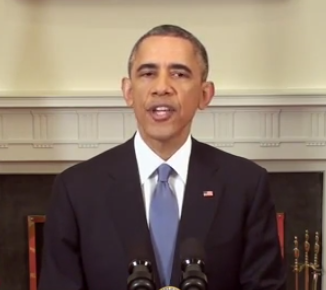
A helicopter mechanic who popped off about his Middle East job on Facebook while at home in the US got more than an upbraiding from his bosses when he returned to his gig in the United Arab Emirates.
He was met in Abu Dhabi with an arrest, 10 days in jail, and a March 17 trial date—with a potential five years in prison if convicted. Thirty-year-old Ryan Pate of Belleair Bluffs, Florida, is accused of slandering his employer, which is illegal in the Emirates.
“I just couldn’t register it in my head because as an American growing up in the United States, the First Amendment right is just ingrained in my brain,” he told The Associated Press on Wednesday. “I never even entertained the fact that I would wind up in prison out here for something I put on Facebook in the United States.”
Read 3 remaining paragraphs | Comments










